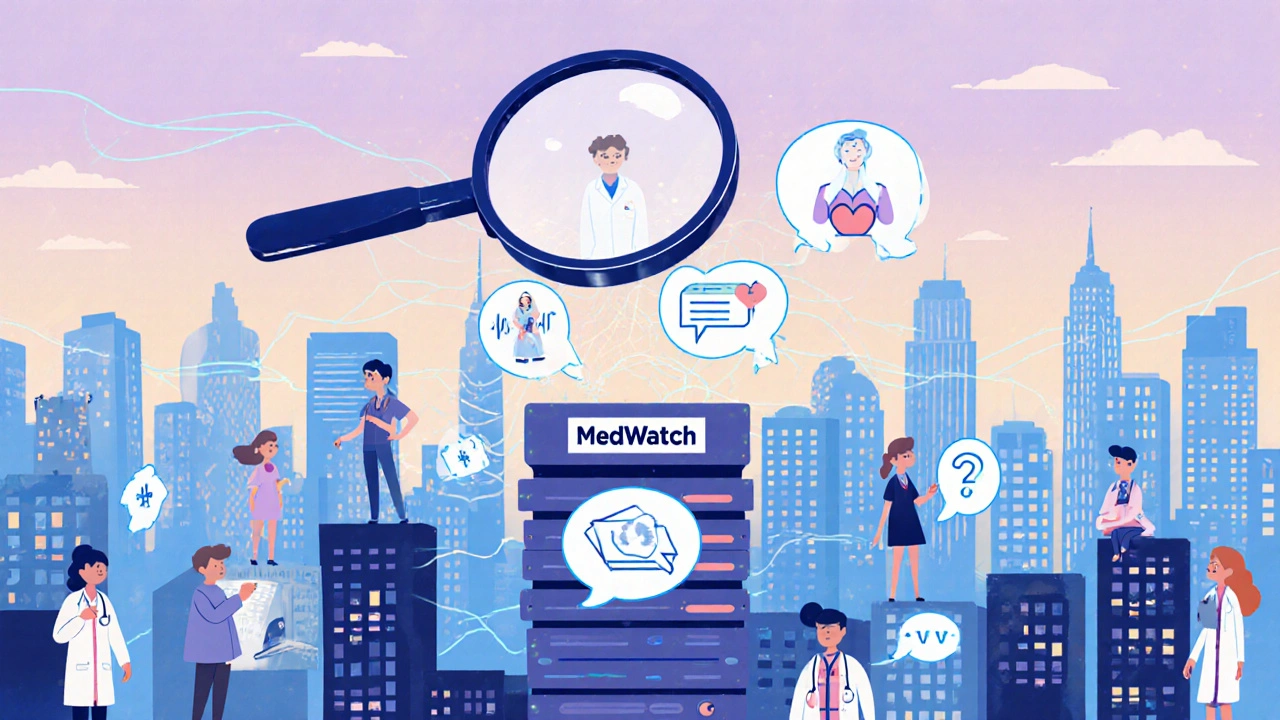When you take a medication, you’re not just targeting the problem—you’re also affecting your whole body. Drug side effects, unintended physical or mental reactions to medication. Also known as adverse drug reactions, they can range from a mild headache to life-threatening changes in heart rhythm or liver function. Most people assume side effects mean the drug isn’t working, but that’s not always true. Sometimes, they’re just the price of getting the benefit you need.
Drug interactions, when one medication changes how another works in your body are a big reason why side effects get worse. Take clozapine, for example—smoking can cut its levels in half, making it useless. Quit smoking without telling your doctor, and you risk toxicity. Or consider withdrawal symptoms, physical and mental reactions when stopping certain drugs too quickly. Antidepressants don’t cause addiction, but stopping them abruptly can give you brain zaps, dizziness, and nausea. These aren’t in your head—they’re real, measurable effects your nervous system is reacting to.
Not every reaction is an allergy. Less than 1% of people who think they’re allergic to penicillin actually are. A rash? Could be a side effect. Upset stomach? Common with antibiotics. But if you break out in hives or can’t breathe, that’s a true allergy—and you need to know the difference. Mislabeling yourself can mean being stuck with less effective, more expensive, or riskier drugs down the line.
Some side effects are predictable and manageable. Beta-blockers slow your heart rate, so if you’re trying to exercise, tracking your pulse won’t help. Instead, use the talk test: if you can’t say a full sentence without gasping, you’re pushing too hard. Sulfonylureas for diabetes can drop your blood sugar dangerously low—especially glyburide. But switching to a different class of meds can cut that risk by more than half. And with oral chemotherapy, side effects aren’t just nausea. They’re about timing, diet, and avoiding interactions with supplements or even grapefruit juice.
It’s not just about the drug itself—it’s about your body, your other meds, your lifestyle, and even your genes. Some people metabolize drugs faster or slower than others, which changes how they feel the side effects. That’s why two people on the same pill can have totally different experiences. The key isn’t avoiding all side effects—it’s recognizing which ones are normal, which ones need attention, and when to call your doctor.
Below, you’ll find real, practical guides from people who’ve been there. Whether you’re dealing with antidepressant withdrawal, managing side effects from blood pressure pills, or trying to figure out if that rash is an allergy or just a reaction, these posts break it down without jargon. No fluff. No guesses. Just what works—and what doesn’t.
Posted by
Paul Fletcher
13 Comments

Post-marketing pharmacovigilance is how hidden drug side effects are found after approval. Learn how real-world data, AI, and patient reports catch dangers clinical trials miss - and why your report matters.
read more